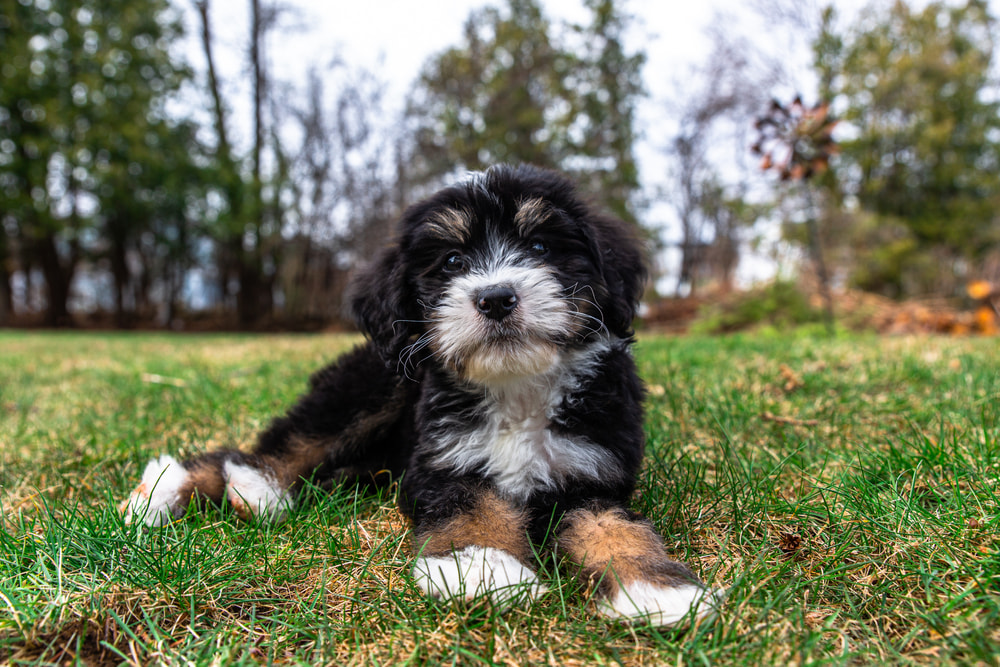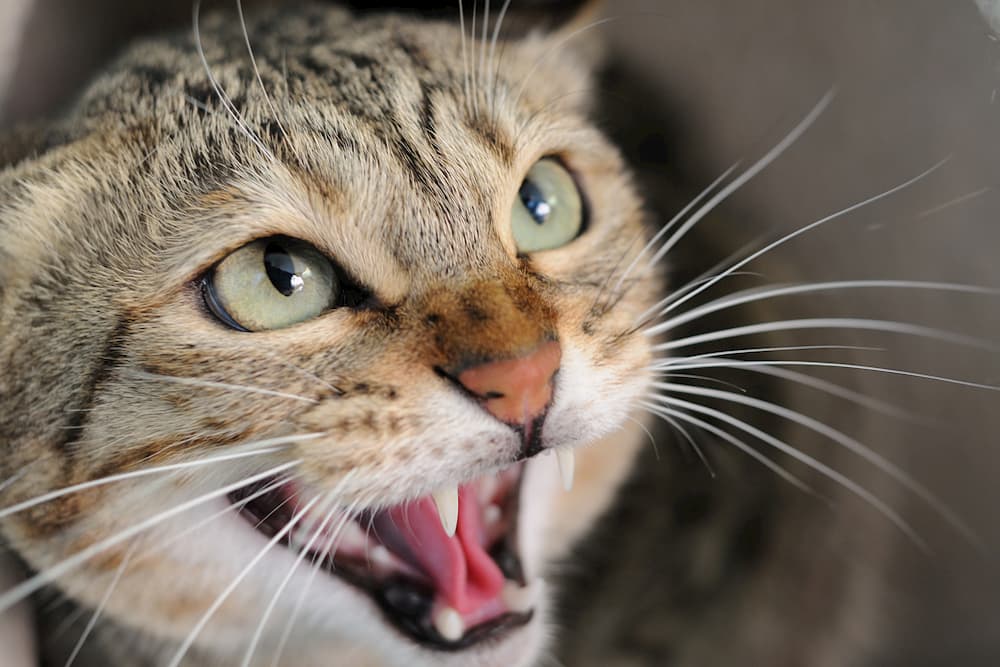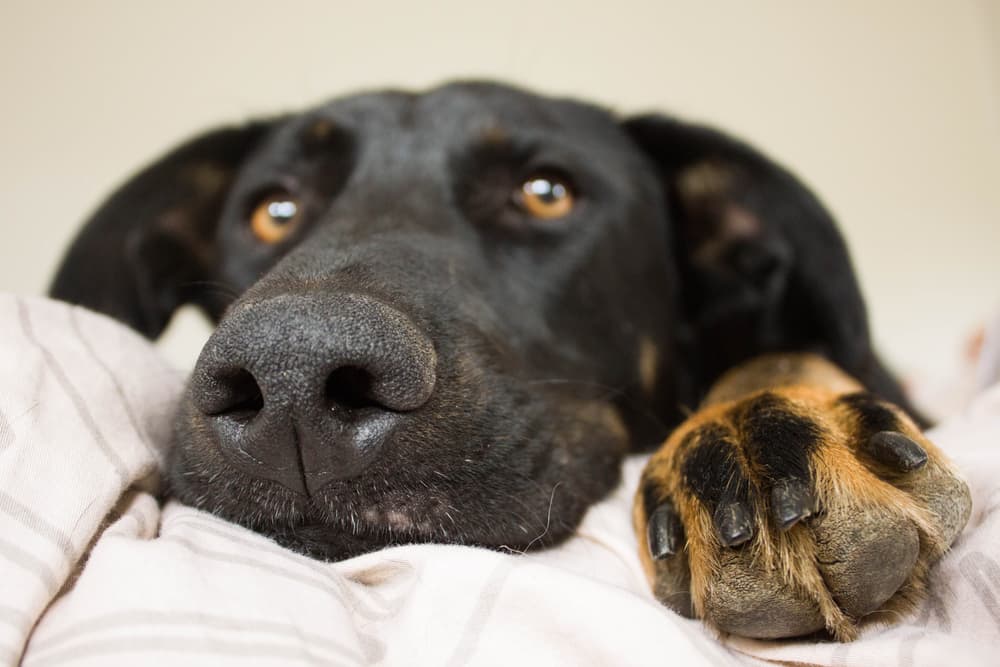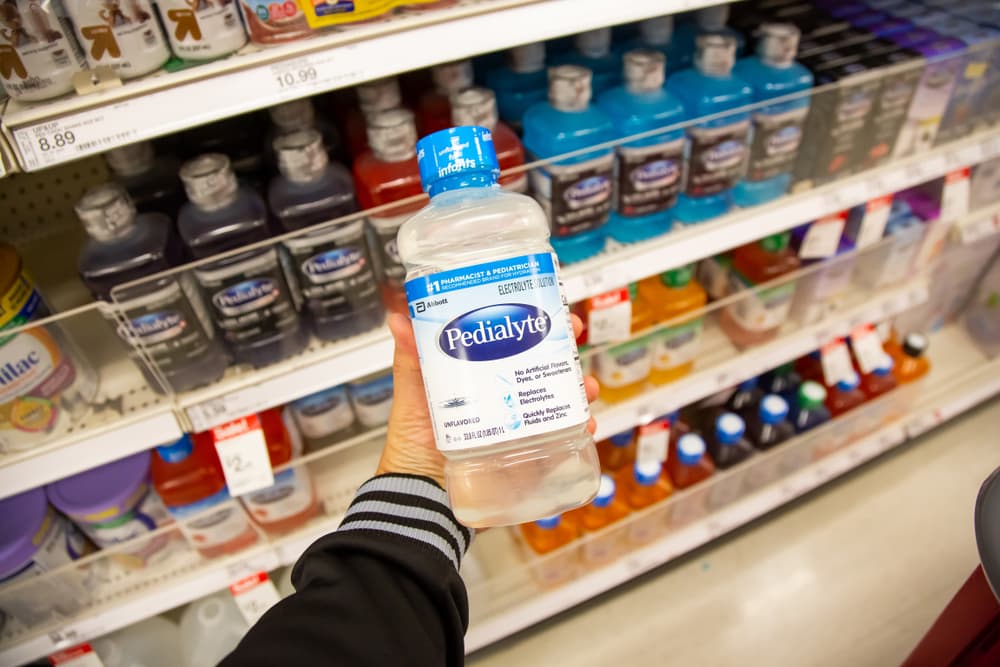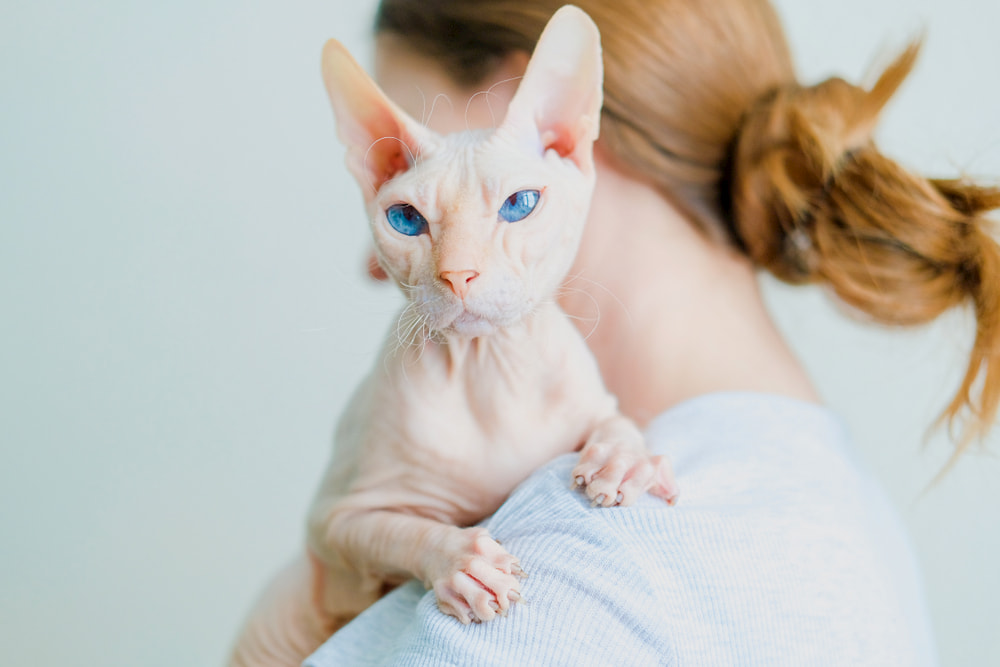FVRCP Vaccine for Cats
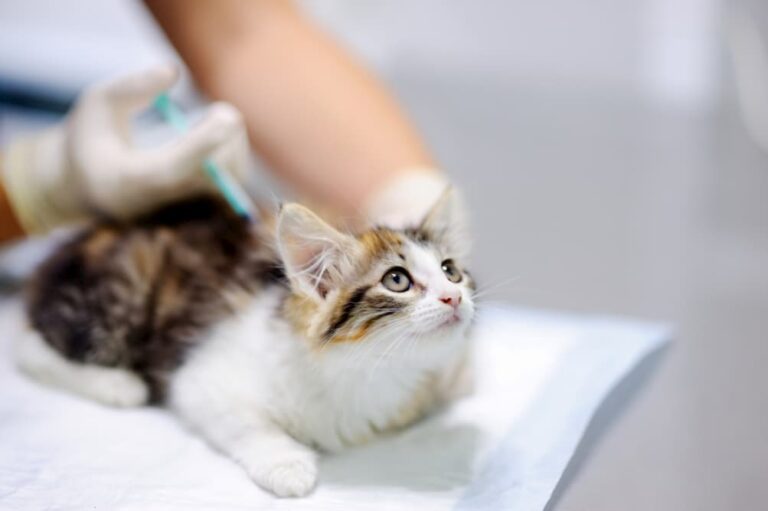
Vaccine details
- Type: Core
- USDA approved? Yes
- Life stage: Kitten, Adult
The development and use of vaccines for the protection of individual and group health has eradicated a variety of diseases including smallpox, measles, mumps, polio, and even rabies on certain continents.
Just like with human health, there are certain core and recommended vaccines for cats as well. One of these very important core vaccines for cats is the three-way FVRCP vaccine.
What is the FVRCP Vaccine?
The FVRCP vaccine is a combination vaccine for cats. That means it protects cats against several different viruses.
Let’s break it down into its three components and the diseases it helps prevent:
FVR stands for feline viral rhinotracheitis (a disease in which there is inflammation in the entire upper respiratory tract like the nose and windpipe). This virus is responsible for 80-90 percent of all upper respiratory infections in cats. It causes lethargy, sneezing, nasal discharge, and conjunctivitis. Young kittens are most susceptible and, in severe cases, kittens can develop ulcers on their eyes and life-threatening pneumonia.
C stands for feline calicivirus. Although much less common than feline viral rhinotracheitis, it can also cause similar respiratory signs. Calicivirus, however, has the ability to create ulcers on the tongues of cats and inflammation of the joints, causing limping. Just like FVR, severe cases of calicivirus can cause life-threatening pneumonia in kittens and senior cats.
P stands for feline panleukopenia. Panleukopenia technically means a low overall white blood cell count. When this virus infects a cat, it affects the bone marrow and lining of the intestine, causing immunosuppression and severe diarrhea. Unfortunately, once a kitten or cat develops a panleukopenia infection, it is very difficult to treat, and many kittens die from this virus. Vaccination with the FVRCP is the best strategy for prevention.
The FVRCP vaccine for cats is easily accessible at any small animal veterinary office and is also administered by veterinarians and under the guidance of veterinary professionals in shelters and rescues who work with cats. You do not need to see a specialist to have your cat receive this vaccine.
How does the FVRCP Vaccine for Cats Work?

Vaccination is a very natural way of stimulating and building your cat’s own immunity to disease. When the first FVRCP vaccine is given, it simulates a small amount of the virus entering the body.
Each of these viruses have a unique shape or presence in the body, and the immune system then produces a protein match in response called an antibody. That antibody is a memory protein that the body can call on again if the cat is ever challenged with the same virus. This process in itself is a great start, but not enough for significant protection.
The next step to create better immunity is the FVRCP vaccine booster to trigger that next level of protection. (More details to come in the next section on vaccine schedule.) In other words, the booster simulates the presence of the viruses again. The body senses this invasion, calls upon the memory protein that matches it, and produces a large amount of memory proteins to “fight” the virus, making the cat’s immune system stronger and better able to fight the disease.
FVRCP Vaccine Schedule for Cats
A group of feline experts within the American Association of Feline Practitioners put together very specific guidelines to help direct when and how often kittens and cats should receive this very important core vaccine.
Here is a timeline to help provide some clarity for pet parents:
If your kitten is 6 to 16 weeks old:
- The initial vaccine can be given at 6 weeks of age.
- It is then repeated every 3-4 weeks until your kitten is 16 weeks old.
If your cat is 16 weeks old or older:
- The initial vaccine is given.
- The vaccine then needs to be repeated, or given as a booster, in 3-4 weeks.
Once one of these two scenarios are completed, then the next vaccine is given one year after the booster, and then every three years after that.
Veterinarians do not recommend administering this vaccine to pregnant cats.
FVRCP Vaccine Side Effects

As with any vaccine, there are always some rarely seen side effects. Some mild reactions after a FVRCP booster include:
- Decreased activity or lethargy
- Decrease in appetite
- Mild swelling around the site of vaccination that can develop within a few hours and then resolves in a few days.
If these signs persist after a few days, please call your veterinarian.
In rare cases, cats can have allergic reactions to vaccines. Mild cases of allergic reactions can cause the following signs:
- Hives
- Itching
- Redness around the eyes and lips
- Swelling around the eyes and lips
In even more rare instances, cats can have severe allergic reactions to the FVRCP vaccine that cause:
- Diarrhea
- Vomiting
- Weakness
- Breathing difficulties
- Pale gums
- Collapse
If you notice either mild or severe signs of possible allergic reaction after vaccination, you should contact and/or see a veterinarian immediately.
Manufacturers of the FVRCP Vaccine for Cats

There are several pharmaceutical companies that make this cat vaccine:
Merial/Boerhinger Ingelheim produces the PureVax line of vaccines without adjuvants (substances that are added to a vaccine to produce more of an immune response but create more risk of reactions).
Merck Animal Health produces the only USDA-approved, 3-year core FVRCP vaccine. This vaccine also provides 100 percent protection against the ulcers created in the mouth after cats are infected with calicivirus. This vaccine does not contain adjuvants.
Elanco Animal Health produces the Ultra Fel-O-Vax vaccines that have 50 percent less vaccine than other companies and is designed for a more comfortable injection. They also produce the UltraNasal line to offer a non-injectable option of vaccine.
Zoetis also produces an adjuvant-free FVRCP vaccine line called FeloCell.
Cost of the FVRCP Vaccine for Cats
While vaccines and costs to veterinary care can vary based on geographic location and other factors, most FVRCP vaccines cost between $45-$70 for a 3-year vaccination.
Does Your Cat Need the FVRCP Vaccine?
Vaccination, and the need for vaccination, is always an ongoing topic of discussion for many veterinarians and clients. However, one thing to keep in mind is that veterinarians recommend vaccines based on what is considered a “core” vaccination (essential for all cats as deemed by experts) and your cat’s individual health and environmental risks.
The FVRCP vaccine protects against diseases that are airborne, which means all cats are at risk. Even strictly indoor cats who do not have exposure to the outdoors may sit by an open window or screen, or are exposed to these diseases as the humans they live with travel in and out of the house.
In addition, if you need to travel with your cat, bring your cat in for hospitalization, or add another cat into your family, there isn’t time to immediately vaccinate. It takes up to a month to reach full protection—so it’s much better to keep your cat proactively protected with the FVRCP vaccine.
Based on these considerations, FVRCP is regarded as a core vaccine and is recommended for all cats. If you have any concerns or questions about whether this vaccine is right for your cat, contact your veterinarian for more information.
